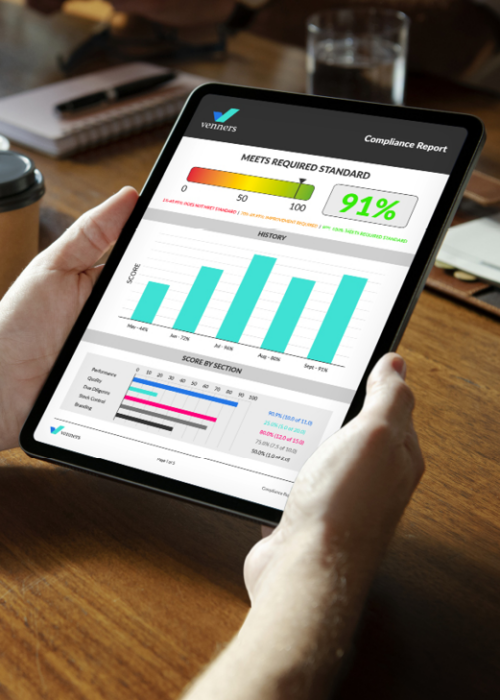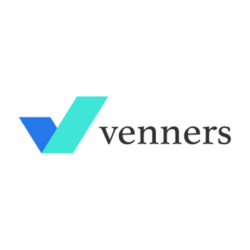
Being branded as an exceptional venue in the current hospitality climate has become a monumental task.
In a saturated market, many in the industry aim to gain a competitive advantage and offer genuine authenticity in their experiences to entice an increasingly cautious audience. With consumers battling the cost of living, they have become outrightly selective.
Money and time are precious.
A common misconception of compliance within hospitality businesses is that it is daunting or disciplinary in nature. Compliance can be far more useful from a holistic and quantitative approach. Truly successful operators will be familiar with a compliance checklist that incorporates all angles of business.
Check brand fundamentals
Competitive advantage is inextricably linked to your brand.
Establishing and maintaining a strong, unique, and well-perceived brand is step number one for any compliance checklist. The branding elements that you monitor should vary depending on your USPs as a business.
Predominantly these range from traceable and visual brand elements such as uniform, décor, atmosphere and design standards, on-site marketing, and promotions, as well as signage in the right places. Make sure you can demonstrate and evidence your commitment to all ethical practices as well, to solidify a brand with a competitive edge.
Test quality assurance
Although brand checklists often cover elements of quality, there are much deeper intricacies to be explored when it comes to checking quality trails.
Ensuring that company quality standards are being met, by testing whether policies are being followed across your wider estate, is vital. As part of that, internal procedures related to stock and ordering quality protocols, also contribute towards gaining a competitive advantage.
With every new site that opens, a host of new parameters will need to be contended with. As the business expands, new staff, new locations, and new cultures challenge the pre-existing standards. A compliance checklist needs to be extensive enough to bring any new site to the same standard as existing ones.
Spot check operations
Preventing operational inadequacies and keeping your business performing at its optimum are directly linked to maintaining your competitive advantage.
It is vital to follow a comprehensive compliance checklist that covers everything stock related from ordering, to invoicing, to deliveries, to storage, to wastage, to EPoS and other equipment usage.
Your internal acceptance processes for deliveries need to be watertight as well. Doing regular checks on internal paperwork associated with supplier items will be crucial in displaying transparent actions that are benchmarked by industry best practice standards.
Staff should be effectively and regularly safety trained. It is an employer’s duty to perform checks on training records and certifications, as well as the implementation of these learnings on the ground, as part of a compliance checklist. Furthermore, internal safety systems and procedures should be assessed frequently.
Validate finance procedures
Financial compliance within hospitality is often purely attributed to regulatory and accountancy protocols.
This sounds easiest to delegate to the professionals, however, the truth is that every hospitality business should have its own records to back up its financial trials. Understanding and monitoring compliance to your internal financial procedures provides a track record for transparency and accountability. Not only that, but it’s also a sure way to ensure that your finances are controlled and secured in the way that they should be.
Inspect legal requirements
Due diligence checks should include everything from
Property compliance
Health & safety compliance
Food & Hospitality compliance
Workplace compliance
GDPR
Primarily legal industry standards should be reflected in internal policies, procedures, documentation records, and notices. No establishment wants to face costly legal ramifications because they are not meeting government regulations and industry standards.
Compliance as a business support tool is much more effective when it comes as a panoptic approach far beyond it being a commonly seen regulatory burden.
It’s about covering every area of vulnerability in your operation to make your business bulletproof. Following a compliance checklist, like this one is an effective route to improving best practice standards. The transparency that compliance brings to business helps to verify that businesses operate ethically thereby strengthening everyone’s trust and confidence.




